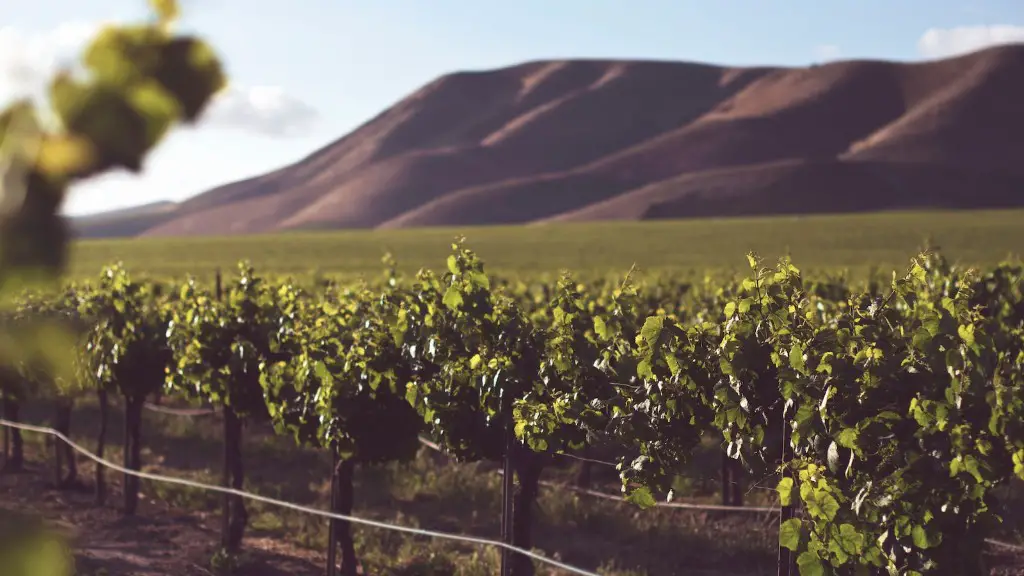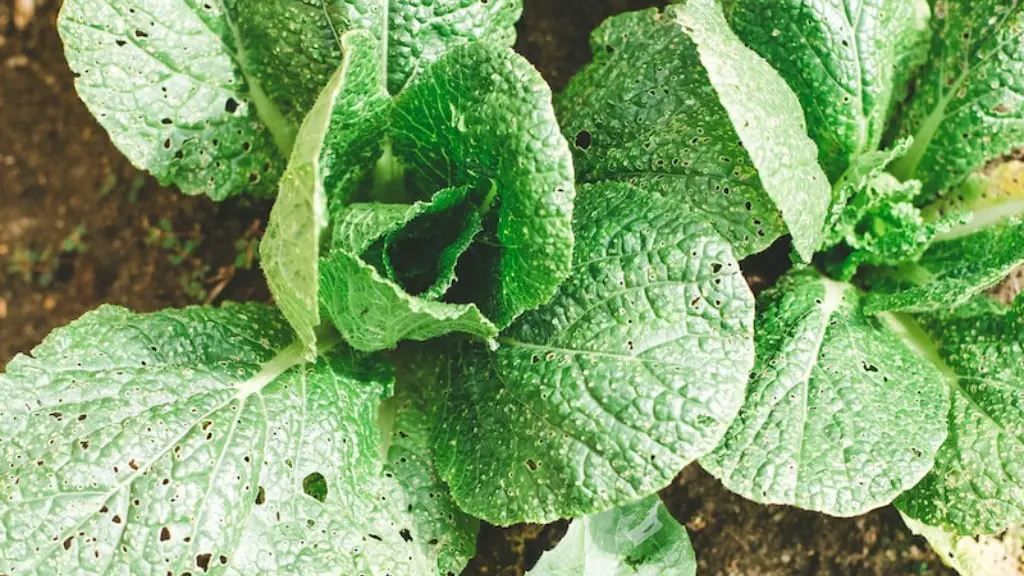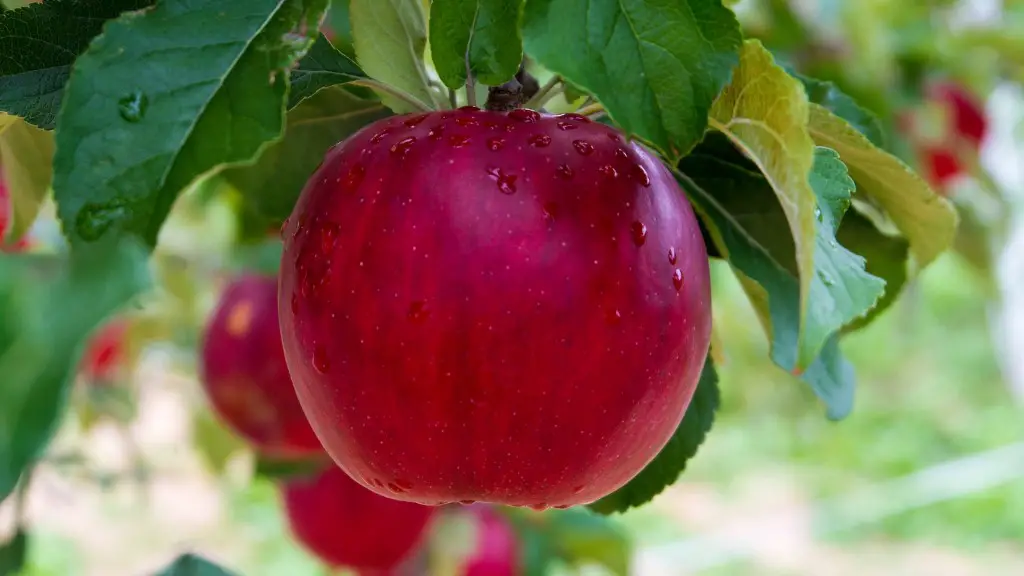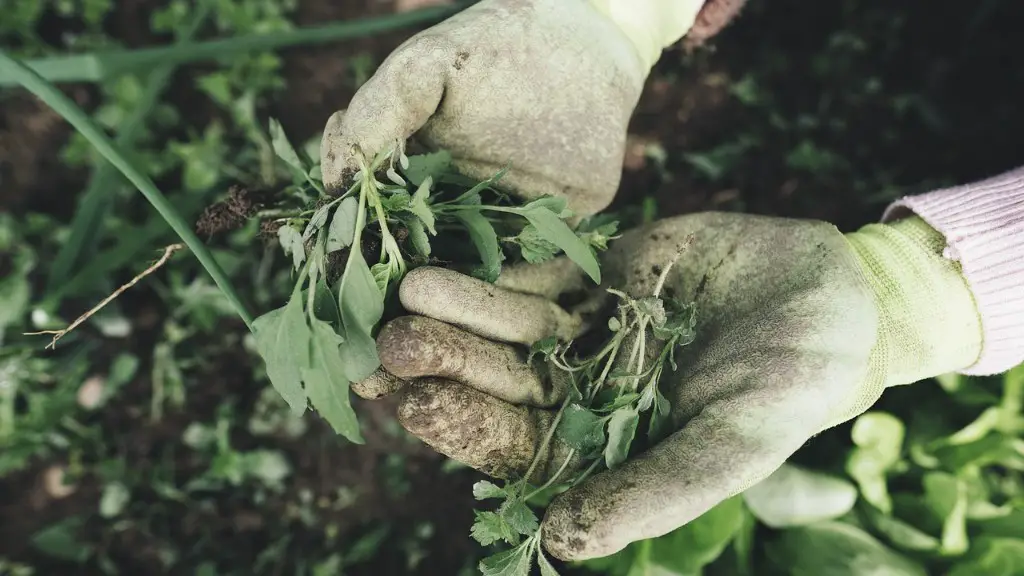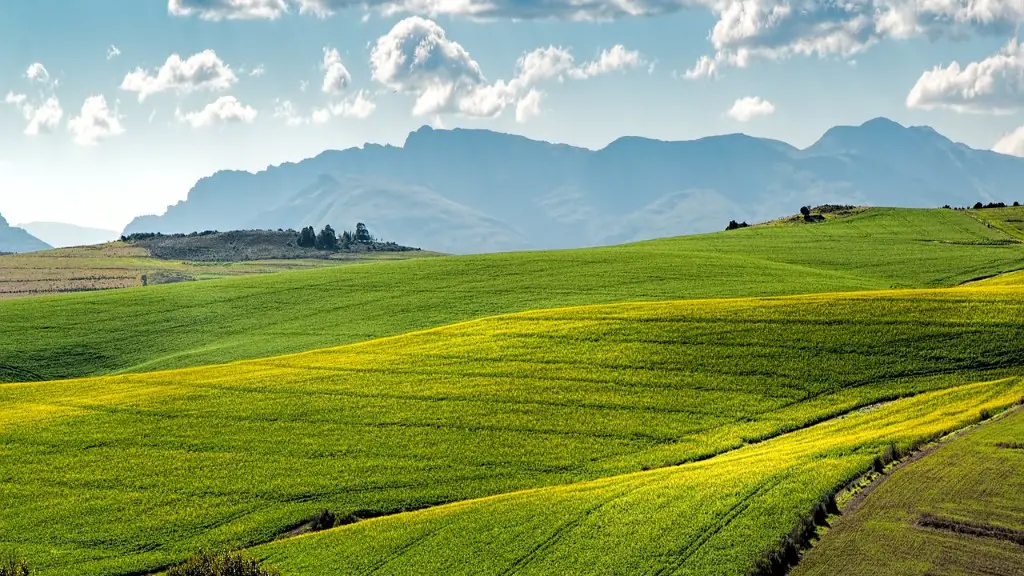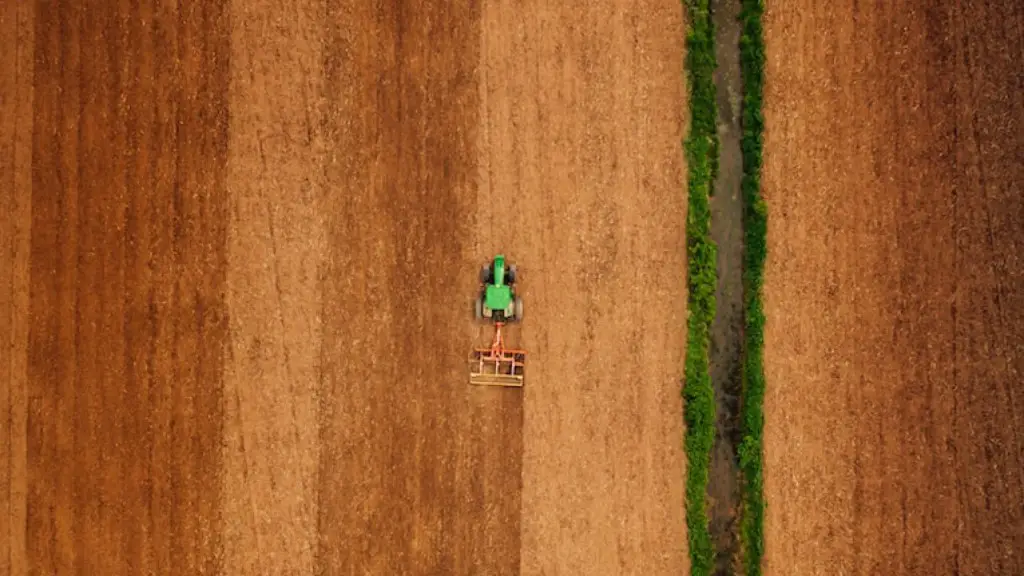The term sustainable agriculture means different things to different people, but generally it refers to an agricultural system that is environmentally sound, economically viable, and socially just. In other words, sustainable agriculture must be able to meet the needs of present and future generations without compromising the ability of the natural systems to provide for those needs. Sustainable agriculture includes a wide range of management practices and production strategies, and can be implemented in a variety of ways depending on the local conditions and resources.
The term “sustainable agriculture” refers to an approach to agriculture that is environmentally friendly and that seeks to minimize the use of synthetic inputs. Sustainable agriculture also seeks to optimize the use of resources such as land, water, and energy, while maximizing the production of food and other agricultural products.
What do you mean by sustainable agriculture?
A sustainable agriculture approach is one that seeks to utilize natural resources in such a way that they can regenerate their productive capacity, and also minimize harmful impacts on ecosystems beyond a field’s edge. This type of approach is important in order to protect our environment and ensure that future generations can continue to benefit from the earth’s resources.
Sustainable agriculture is a type of farming that preserves long-term productivity of land and minimizes pollution. This is typically done by rotating soil-restoring crops with cash crops and reducing in-puts of fertilizer and pesticides. Sustainable agriculture is important in order to maintain the quality of our land and water resources.
What is an example of sustainable agriculture
Cover crops and perennials are important for protecting and building soil health. They help prevent erosion, replenish soil nutrients, and keep weeds in check. This reduces the need for fertilizers and herbicides, and helps maintain a healthy ecosystem.
Sustainable farming is a term that is used to describe a variety of different farming and agricultural practices that are aimed at allowing farms to maintain their productivity indefinitely. Throughout the process of sustainable farming, it is important not to compromise production output in order to achieve other objectives. Some of the common practices that are associated with sustainable farming include the use of organic methods, the implementation of rotational grazing systems, and the use of cover crops.
What are the 3 main components of sustainable agriculture?
Agriculture, food, and natural resource systems must be economically, environmentally, and socially sustainable in order to be truly sustainable. Achieving sustainability in all three of these areas is necessary to create a system that can function long-term without damaging the planet or the people that rely on it.
Sustainable agriculture is the practice of farming in a way that protects the environment and maintains the fertility of the land. Sustainable agriculture includes a variety of practices, such as using organic methods, crop rotation, and water conservation.
Permaculture is a type of sustainable agriculture that focuses on creating a sustainable ecosystem by mimicking the natural ecosystems found in nature. Permaculture systems are designed to be self-sufficient, using renewable resources and closed-loop systems.
Biodynamic farming is another type of sustainable agriculture that uses organic methods to create a self-sustaining ecosystem. Biodynamic farms are often small and diversified, with a focus on using natural processes to improve the health of the soil and plants.
Hydroponics and aquaponics are two methods of sustainable agriculture that use recirculating systems to grow plants without soil. These systems use less water and land than traditional farming methods, and can be used to grow plants in urban areas.
Urban agriculture is the practice of growing plants and animals in urban areas. This type of agriculture can be used to provide fresh food to city dwellers, and can also be used to beautify urban spaces.
Agroforestry is a type of sustainable
What is another name for sustainable agriculture?
Regenerative agriculture is a type of land management that focuses on rebuilding the soil and reversing the negative impacts of traditional farming practices. This approach to agriculture has gained popularity in recent years as more people become aware of the importance of healthy soils for our food supply. Regenerative agriculture practices can help to improve soil health, increase crop yields, and reduce the need for chemical inputs.
The future of our environment and food supply depends on the sustainability of our farming practices. By adopting sustainable practices, farmers will reduce their reliance on nonrenewable energy, reduce chemical use and save scarce resources. Keeping the land healthy and replenished can go a long way when considering the rising population and demand for food.
What are the four types of sustainable agriculture
There are a number of elements that can contribute to making an agricultural system more sustainable. These can include practices such as permaculture, agroforestry, mixed farming, multiple cropping, and crop rotation. All of these methods can help to improve soil health, increase crop productivity, and reduce the overall impact on the environment.
Crop rotation is a key agricultural practice that has numerous benefits for soil health. By growing different crops in different seasons, crop rotation helps to replenish nutrients in the soil and also helps to control pests. In addition, by growing cover crops and intercropping, farmers can further reduce soil erosion and improve soil health.
What are the characteristics of sustainable agriculture?
Sustainable agriculture is an approach to food production that integrates three main goals: environmental health, economic profitability, and social and economic equity. A variety of philosophies, policies and practices have contributed to these goals.
The sustainability of agriculture has been a topic of debate for many years. Some argue that it is not possible to produce enough food to meet the needs of a growing population without damaging the environment. Others argue that sustainable agriculture is the only way to ensure that future generations will have access to food and other resources.
The concept of sustainable agriculture is constantly evolving, as new technologies and practices are developed. However, the three main goals of sustainability remain the same: to protect the environment, to ensure economic profitability, and to promote social and economic equity.
The report sets out five key principles that balance the social, economic and environmental dimensions of sustainability:
1) Improving efficiency in the use of resources
2) Conserving, protecting and enhancing natural ecosystems
3) Protecting and improving rural livelihoods and social well-being
4) Enhancing the economic and social benefits of trade
5) Promoting technology innovation and sustainable infrastructure
What are the two main objectives of sustainable agriculture
Sustainable agriculture is a type of farming that seeks to integrate three main objectives: a healthy environment, economic profitability, and social and economic equity.
The goal of sustainable agriculture is to create a system that is environmentally sound, economically viable, and socially just. This type of agriculture takes into account the entire ecological system, from the soil to the water to the plants and animals. It also considers the social and economic needs of farmers and rural communities.
Sustainable agriculture is not a new concept. For centuries, farmers have used traditional methods to protect and enhance the natural resources on their farms. However, the challenges of modern agriculture, such as climate change, loss of biodiversity, and water shortages, have made sustainable agriculture more important than ever.
There are many different approaches to sustainable agriculture, but all share a common goal: to create a system of agriculture that meets the needs of the present without compromising the ability of future generations to meet their own needs.
Crop and water management are two of the most important elements of sustainable agriculture. Good crop and water management can help to improve soil fertility, increase crop yields and reduce the need for inputs such as fertilizer and irrigation water. It can also help to reduce the risks of crop failure, soil erosion and water pollution.
What are 3 benefits of sustainable agriculture?
There are a number of ways to increase profitable farm income while promoting environmental stewardship and enhancing quality of life for farm families and communities. One way is to increase production for human food and fiber needs. This can be done by increasing the yields of crops and livestock, or by diversifying into new areas of production. Another way to increase profitability is to decrease costs. This can be done by using more efficient production methods, or by increasing the value of products through processing and marketing.
Sustainable agriculture has a number of advantages that make it appealing to farmers and consumers alike. For farmers, sustainable agriculture can lead to cost reductions in inputs and improved crop yields. Additionally, sustainable agriculture practices can help to control air and water pollution, as well as soil erosion. For consumers, sustainable agriculture can provide cleaner, healthier food products. Finally, sustainable agriculture can help to promote social equality by providing opportunities for small-scale farmers and workers.
However, sustainable agriculture also has its fair share of downsides. For example, because sustainable agriculture practices often require more labor-intensive methods, it can take farmers longer to carry out their farm operations. Additionally, sustainable agriculture can sometimes be more expensive than conventional farming, due to the higher costs of labor and organic inputs.
Warp Up
The term sustainable agriculture refers to farming practices that are environmentally responsible and that protect the long-term viability of farms. Sustainable agriculture practices include using renewable resources, minimizing soil erosion, and using water and fertilizer efficiently.
There is no one-size-fits-all definition of sustainable agriculture, as the concept encompasses a wide range of environmental, social, and economic objectives. In general, sustainable agriculture can be defined as an approach to food production that is consistent with the long-term health of the natural environment. Sustainability in agriculture requires the simultaneous pursuit of three interdependent goals: environmental stewardship, economic viability, and social justice. To be truly sustainable, agriculture must be capable of being maintained indefinitely without degrading the natural resources upon which it depends.
